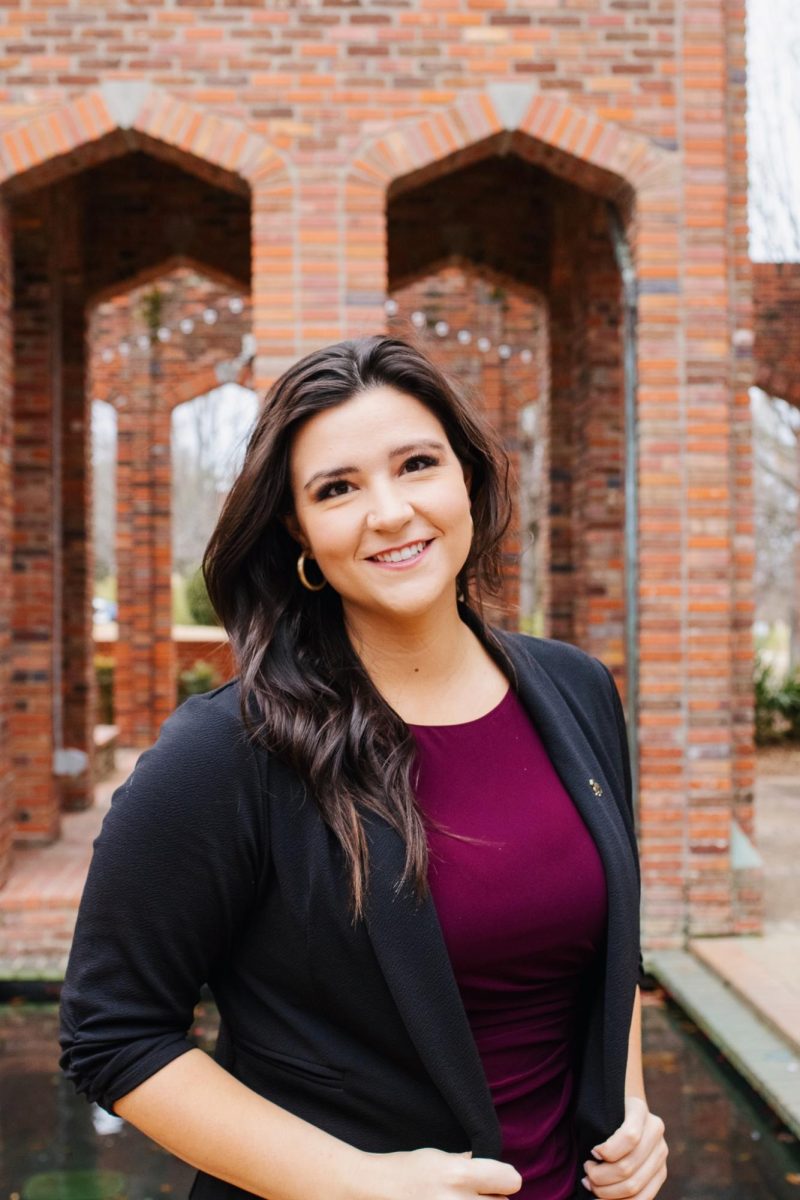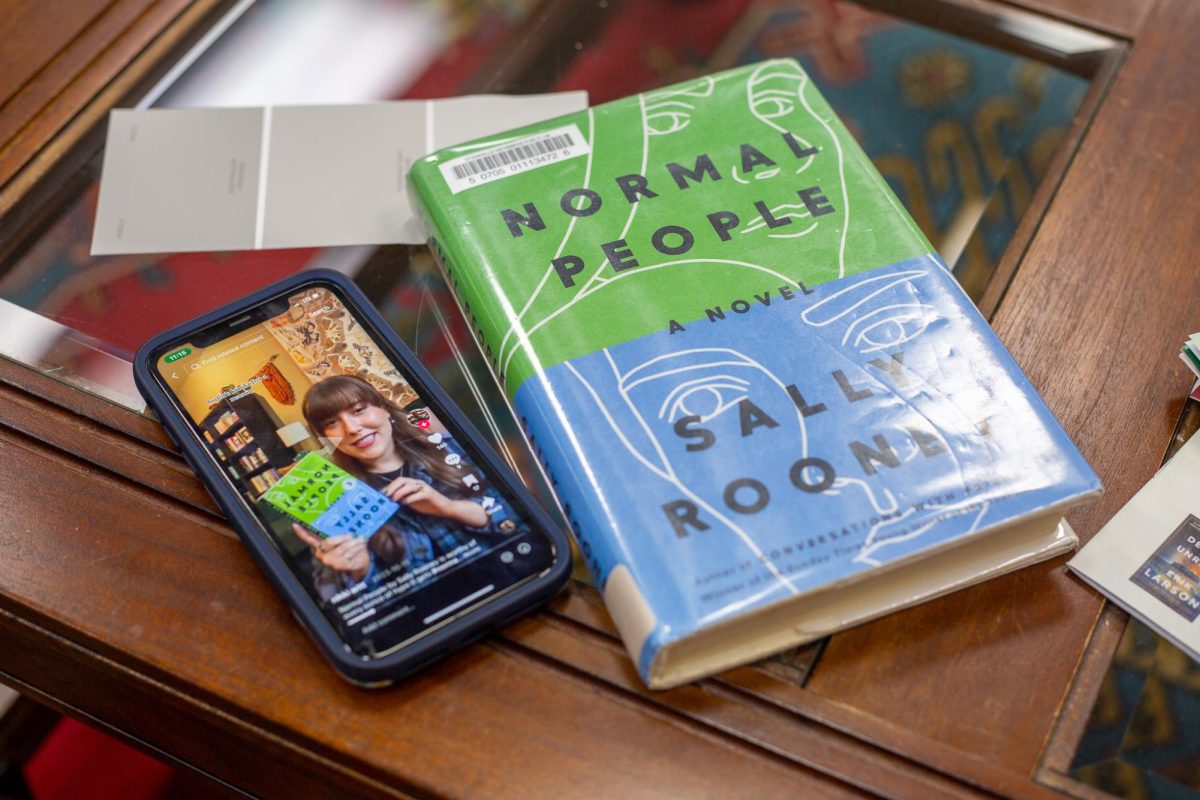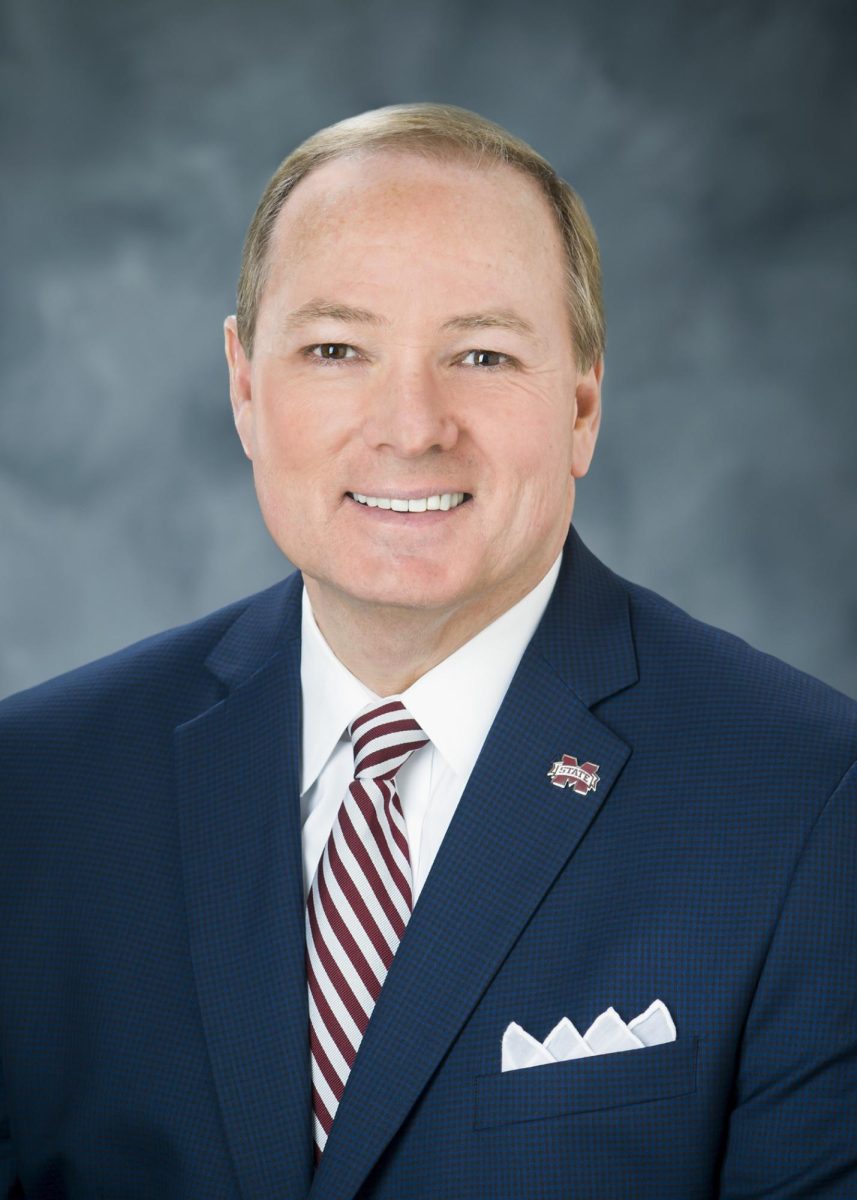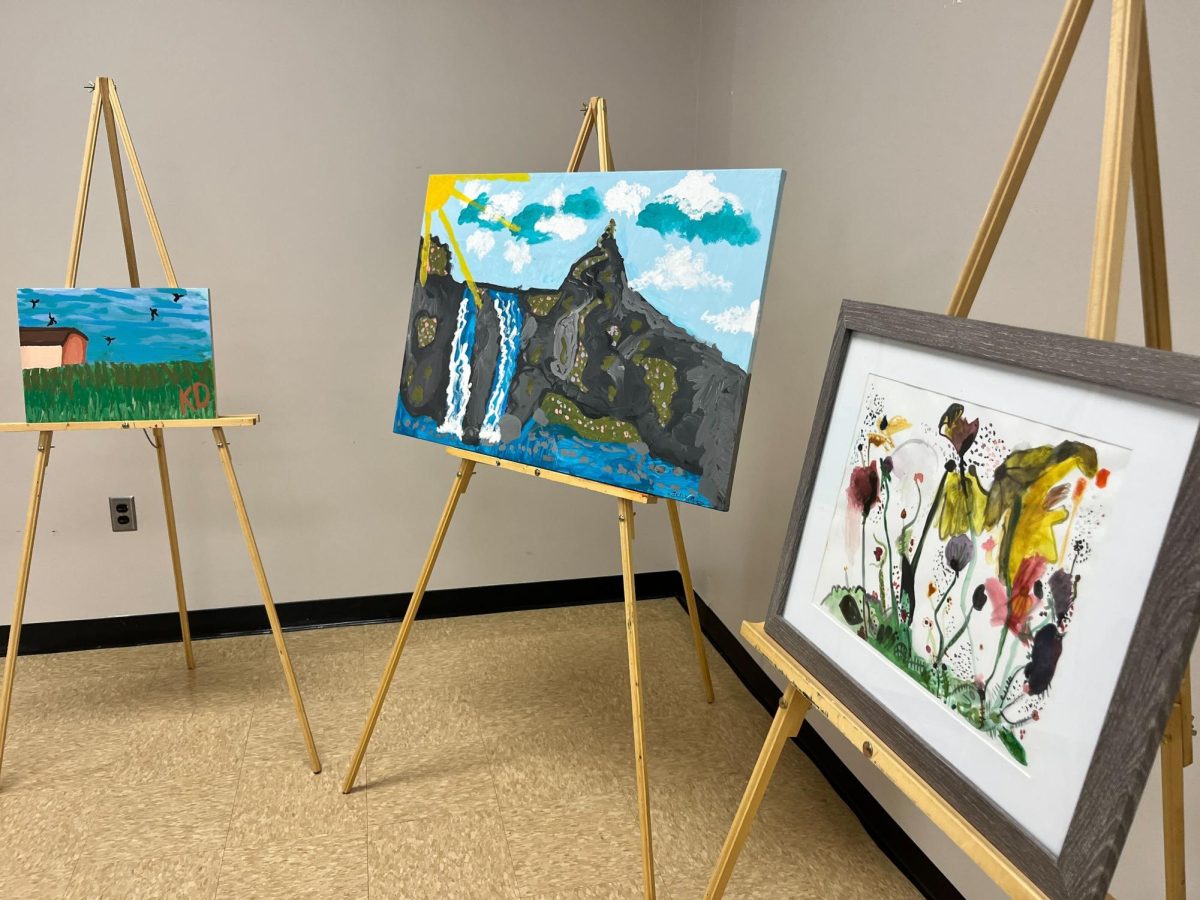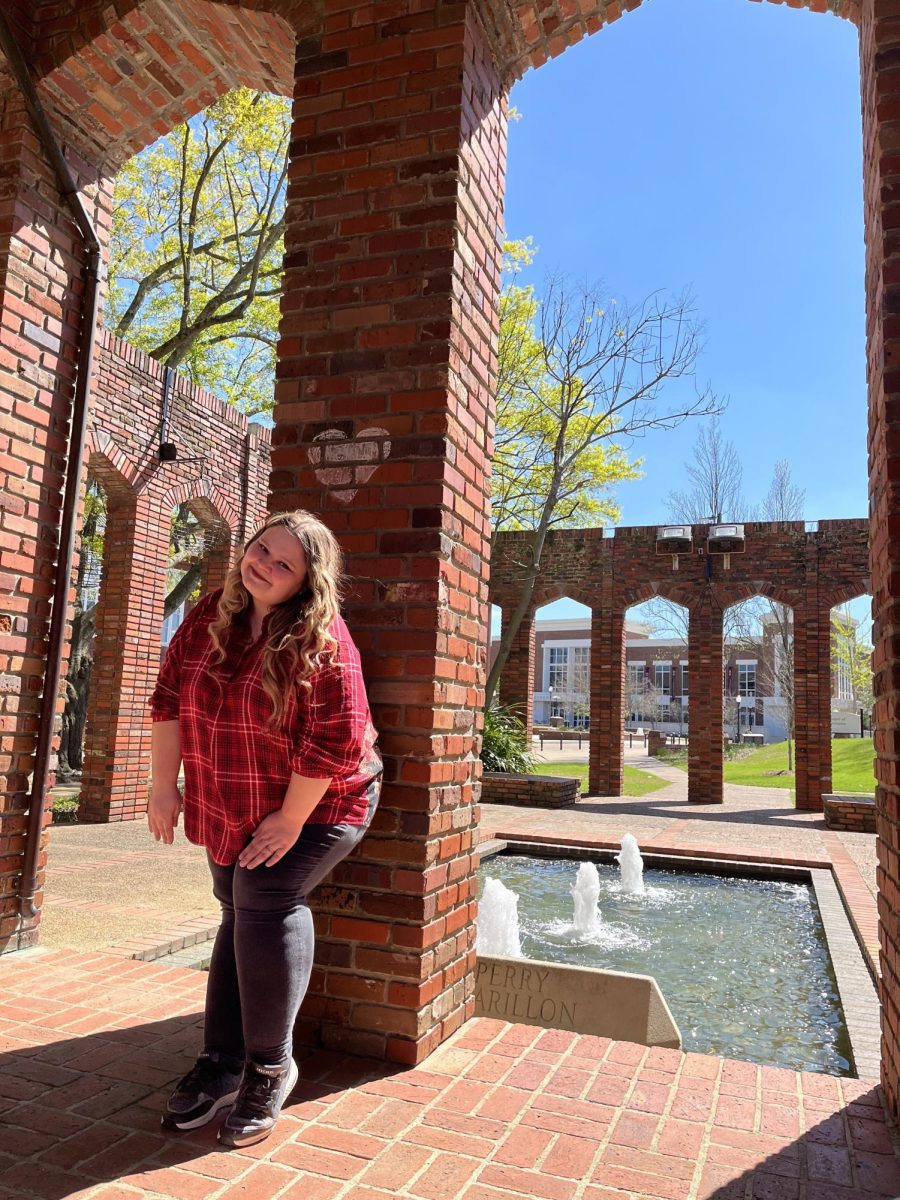The southern region of the U.S. was blanketed in a snow and ice storm during the week of Feb. 14-20, disrupting many facets of everyday life with some states still having issues related to the storm. Starkville was no exception, with the town and its citizens being affected in a variety of ways. Roads were blocked by the weather and in-person lectures at Mississippi State University, already hampered by the ongoing COVID-19 pandemic, were canceled for days, moving online during that time period.
Utilities were, for the most part, unfazed by the cold and the ice. Blackouts happened fairly infrequently and not for too long. Terry Kemp, general manager of Starkville Utilities, believes the preparation and support that went into the system was key in this success.
“While that week did create challenges, with ample support from our suppliers and the hard work we’ve done over the past year, our systems performed extremely well,” Kemp said. “We had very little trouble, with the exception of a few trees falling, but from a capacity standpoint and issues from equipment, we did not experience any during the storm.”
Kemp also said that, while there were outages, they were generally minor and were due to ice laden trees affecting two different circuits in town.
While utilities were less affected by the storm, the hospitals had a slight uptick in injuries. Dr. Todd Smith, an orthopedic surgeon and chief medical officer at OCH Regional Medical Center, said the week of the ice storm was a busy one for his hospital.
“I had the pleasure of being on call from Saturday to Wednesday and from an orthopedic standpoint, I treated two groups of people: the elderly and 18-24 year olds who willingly ventured out into the storm, often for recreational activities.”
Dr. Smith operated on people who needed urgent surgery during the storm.
“Over that time period, I operated on four individuals who needed surgery urgently. There were probably an additional eight to ten who had musculoskeletal orthopedic injuries who needed treatment but not on an urgent or emergent basis.”
Dr. Smith also spoke on how to avoid those injuries if another ice storm comes to the city.
“You should listen to the announcements that the local leaders, the media and the university leaders push, and often, that is to stay inside and not venture out unless you’re essential to your job function or there is an emergency. Clearly, in this last ice storm, those warnings were not entirely heeded.”
Dr. Smith emphasized the need for being ready for another event like this.
“Preparation is key. Stocking up on items that you will need to shelter in place, have things that make navigation on slick surfaces easier and a good plan that helps reduce uncertainty.”
Another individual who had a stressful week was Lynn Spruill, mayor of Starkville.
“It was a time period in which we closely monitored the weather to determine what exactly we had to do from one day to the next, based on what we were getting from the National Weather Service as well as our Emergency Management Services,” Spruill said
Municipal government was not immune to the weather, however. According to Spruill, any nonessential services were shut down.
“We were pretty much shut down,” Spruill said. “Of course, our emergency services were running, so our police and fire were out doing what they needed to do. Aside from that, basic administration was shut down. When we had outages, our electric and utilities departments were out servicing them and repairing water leaks. Other than that, we were pretty much closed down. Only essential services were out during that week.”
Spruill spoke as well on the freak nature of the ice storm itself.
“The reality is that this was a fluke in several ways, that we had plunging temperatures to the extent that we did, because our climate change trend is to be warmer and wetter and moving towards a tropical type of climate,” Spruill said. “When I was growing up in Mississippi in the 50s and 60s, we had snow but not as much ice, and that snow would last for a few weeks. That has changed dramatically. I think we’re preparing for this weather in certainly different ways than people up north; we’re preparing for it in a responsible way as things continue to change.”
Spruill also recommended people become better prepared for inclement weather.
“That’s a personal responsibility matter. There are some things the government does for you, and some it does not. And going to Kroger is not going to be one of them. From the government’s perspective, how we prepare is to closely monitor weather as it is coming up, just like we prepare for vestiges of a hurricane on the coast or tornadic weather that comes our way, and we rely on our government connections.”
Starkville officials respond to ice storm’s challenges
About the Contributor

Joshua Stewart, Former Life & Entertainment Editor
Joshua Stewart served as the Life & Entertainment Editor in 2022.




















































































